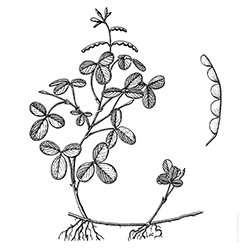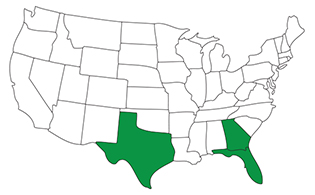

Lawn CARE PLANS
Plan Comparison
Find the plan that best suits your lawn’s unique needs.
TruCore®
Advanced, custom care for a lawn you’ll love.
TruNatural®
Revitalize your lawn with all-natural, organic treatments.
TruBasic®
Treat your lawn to partial season weed and nutrient services.
Pest Control Plans
Plan Comparison
Find the plan that best suits your lawn’s unique needs.
Mosquito Defense
Target mosquitoes where they live to reduce their numbers in just 24 hours.
Perimeter Pest Control
Prevent pests from getting inside with a barrier of protection.
Outdoor Nuisance Pest Control
Put a stop to active and persistent pests in your outdoor space.
Enter your ZIP Code to find your branch

 Branch Finder
Branch Finder














Facebook
X
Youtube
Copy Link
Email